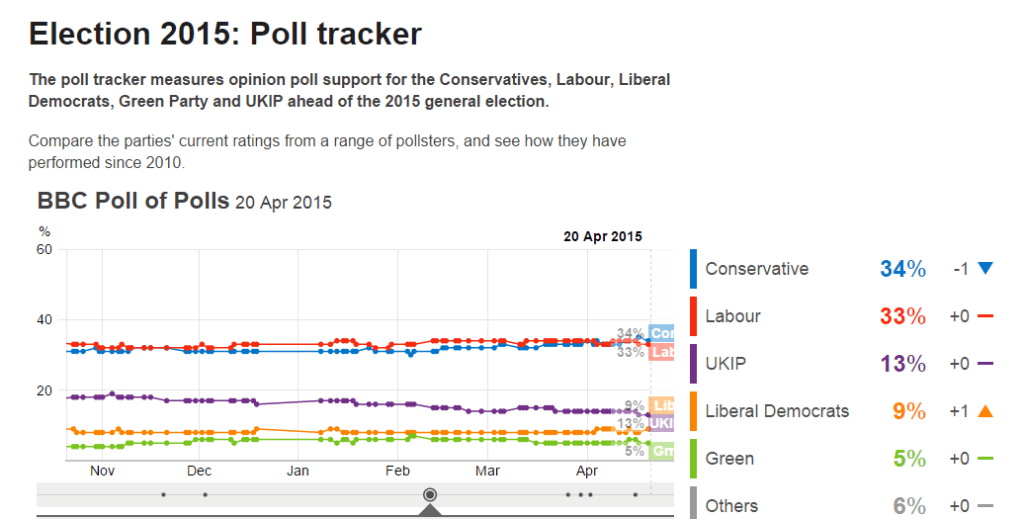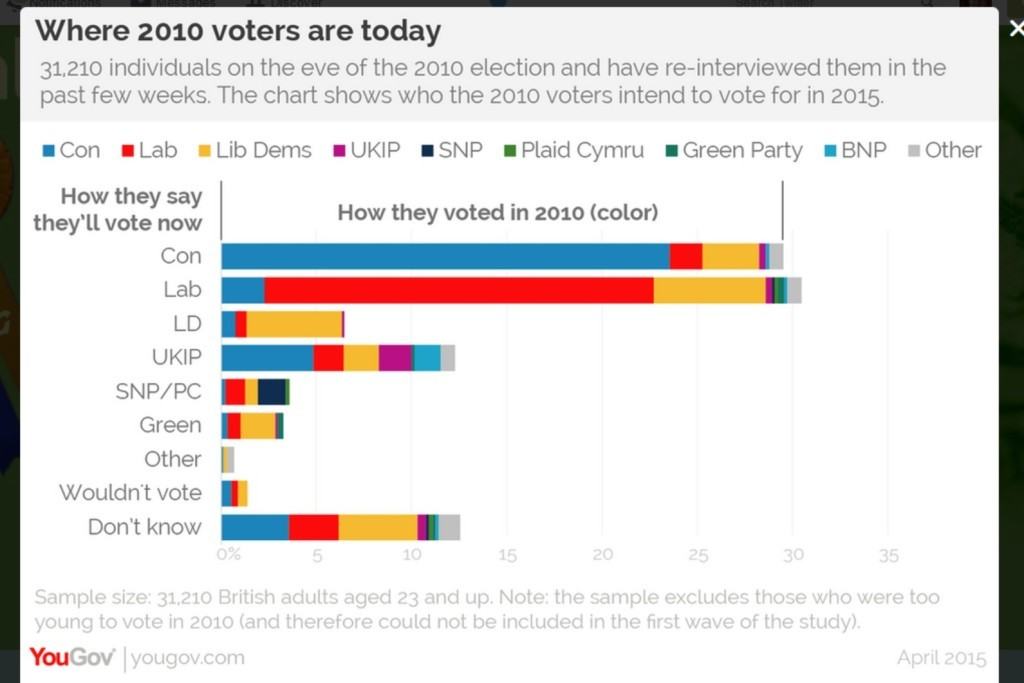
I was going to title this blog “A very British failure”; this follows a lot of the political commentary here in England on the Scottish First Minister, after she announced her resignation. She has been one of the most successful British politicians of this century so far, and she is leaving on her own terms. She has taken the Scottish National Party from its defeat in the independence referendum in 2014 to complete political domination north of the border. Her communication skills have won her plaudits across the whole country, especially during the Covid-19 pandemic, putting to shame occupants of 10 Downing Street. This can hardly be called failure.
And yet. There are two clouds on Nicola Sturgeon’s reputation. The first is that she has not succeeded in winning a second referendum on independence, let alone victory at that referendum. The British government has refused, and there does not seem seem to be majority demand for it in Scotland either. And the problem is a bit deeper than that, so far as independence is concerned – there is no clear majority for the move. Younger voters are in favour, though, so this may just be a matter of patience. The second cloud is that she and her party have made no progress on improving public services north of the border. For people (like me) who advocate decentralising public services, Scottish (and indeed Welsh) devolution provide no support. During the pandemic Ms Sturgeon may have been an excellent communicator, but the outcome, including the death rate, was no better than England’s. The Scottish NHS is beset by the same long waiting lists and overstretch as England’s; Glasgow has one of the worst drug problems in the developed world; Scotland’s school standards trail England’s.
It can be no surprise that Ms Sturgeon’s record on delivery is a weak one: she is a pure, careerist politician. She was active with the SNP from a young age; she did train and qualify as a solicitor, but by 29 she was a full-time member of the Scottish Parliament. In this career path she is little different from most other British politicians. And the situation appears to be getting no better. Those vying to succeed her are of the same ilk. With little flair for actually running things, such politicians gravitate to what they are good at: politicking and communicating. For Ms Sturgeon that meant elevating the issue of independence to be of all-consuming importance – though without properly addressing the practical questions that arose from it. In England the issue of EU membership has been similarly elevated, as a distraction from administrative competence, or as a way of undermining those in power. Culture wars play a similar role in America. In Scotland, the government has also placed a lot of energy into changing the law on transgender issues, partly at the insistence of their Green allies. This is the sort of “values” issue that professional politicians favour – though there are administrative issues there too, but these tend not be well dealt with.
In Scotland, the SNP has devoted much energy to consolidating its hold on political power by, for example, disempowering local government. Meanwhile it has not taken on the vested interests in public services as vigorously as it should. They did push through a major reform of policing (to centralise it); this did have some merit, but it did not go well, or not at first. I find the lack of progress in education standards the most shocking, though, perhaps because I know about what this entails. It isn’t rocket science: what is required is rigorous accountability down to school level, measuring the progress of every child. The techniques are well-established, and huge progress has been made in England, though some areas have made more progress than others. But this is unpopular with teaching unions, and the Scottish government seems to have been unwilling to take them on.
The SNP, of course, has a ready excuse for its poor track record: it’s the fault of the union with Britain. But this is unconvincing. It is hard to see how an independent Scotland would have access to more money for public services, especially now that North Sea oil and gas is in decline, and politically tainted because of climate change. If the Scottish government wants to show some of the administrative flair of its nordic neighbours, such as Norway, Sweden or Denmark, why doesn’t it try and get started now, rather than waiting for independence to arrive? Wouldn’t that make the case more convincingly?
And yet we can’t be too hard on her or the SNP, because all Britain’s political parties are like this. Scotland is mired in a very British set of problems. And yet breaking away from the United Kingdom offers no escape from the country’s essential Britishness.


